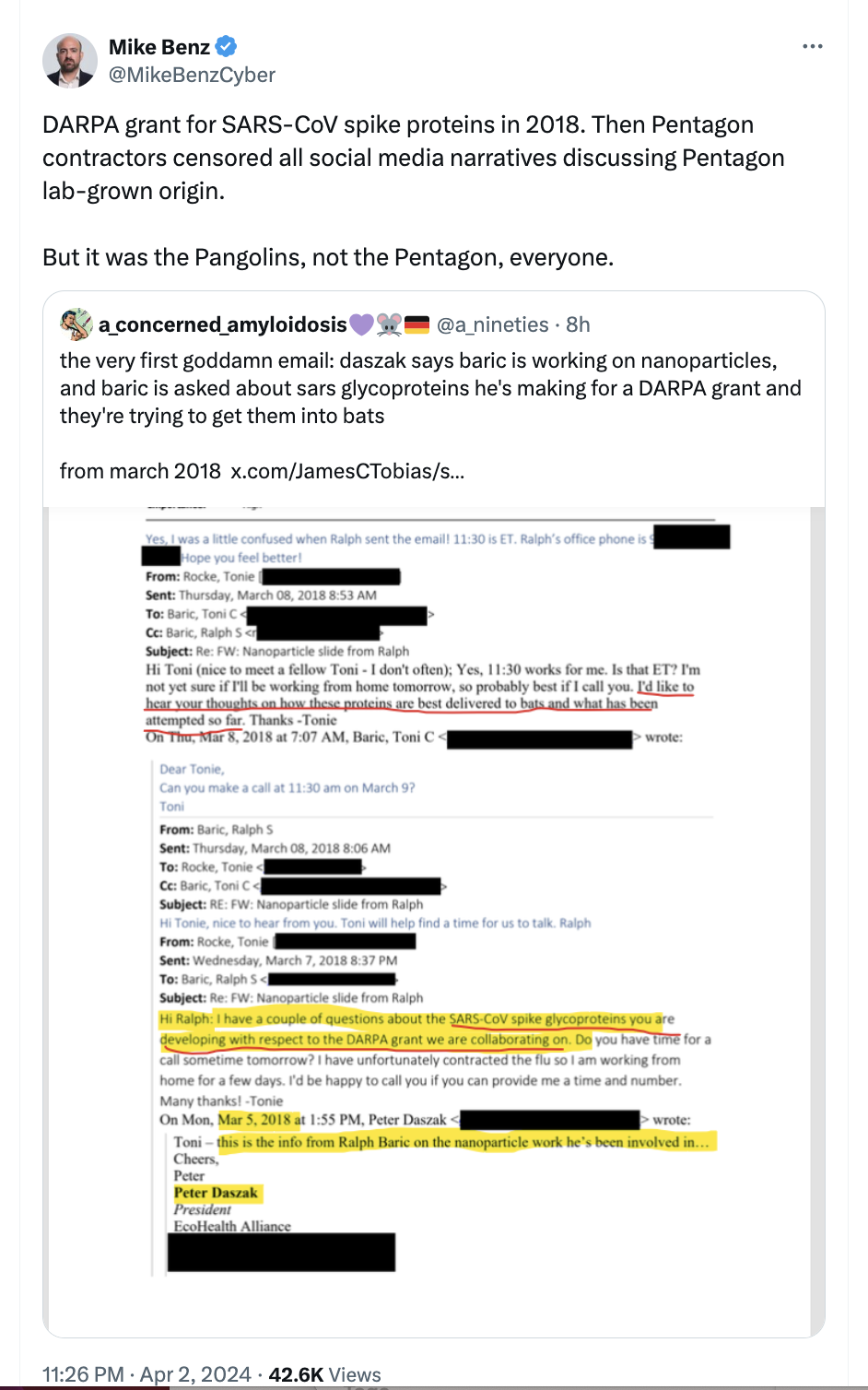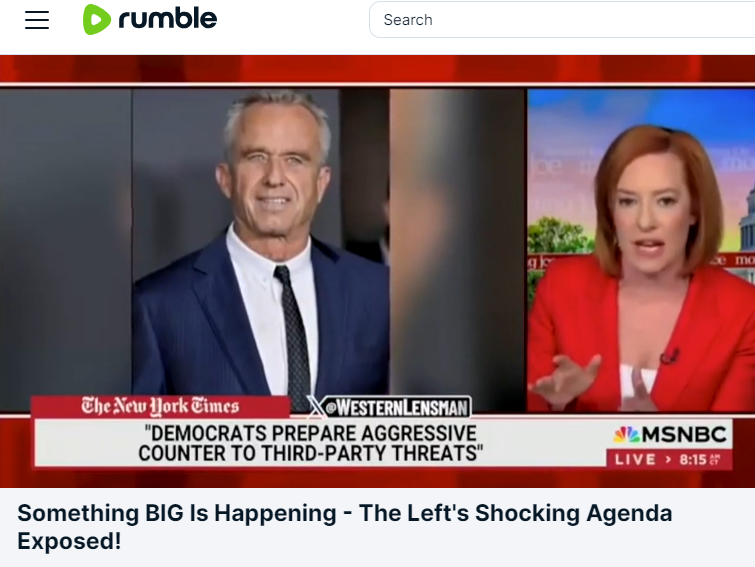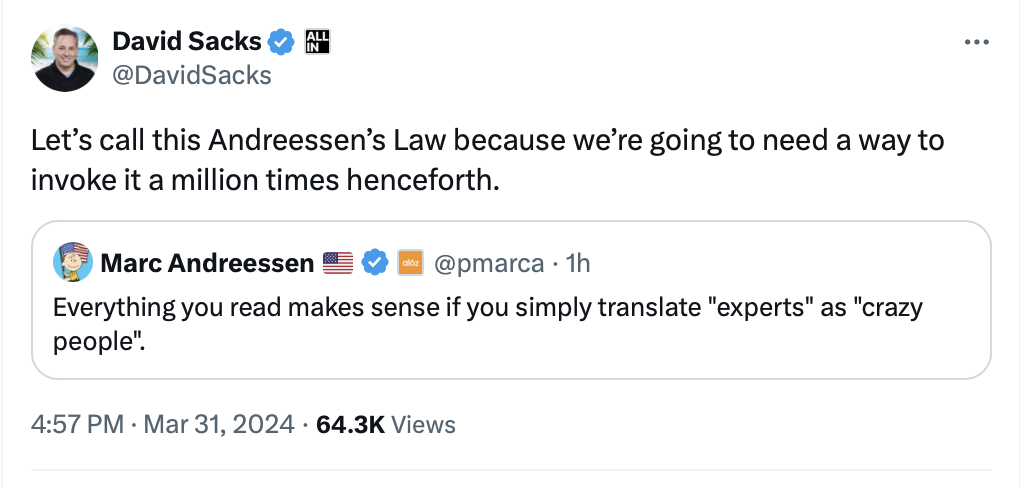Apple Censors Jon Stewart and Lina Khan
And this is how the world goes around. Apple has been publicly exposed as a censor in a big way. Stewart, no longer working for Apple, is now free to talk about the problem. Matt Stoller reports:
During the interview with [FTC Chair Lina Khan], [Jon Stewart] said that Apple had blocked him from interviewing her while he was at Apple. "They literally said, please don't talk to her,” he offered.... It’s a wide-ranging interview, in which Khan and Stewart discuss everything from inhalers to antitrust to big tech. And it’s worth watching. But the key moment was when Stewart asked Khan why Apple would do something like that. And she responded, “I think it just shows one of the dangers of what happens when you concentrate so much power and so much decision-making in a small number of companies.”
That is the right analysis. It’s well-known that Apple bars TV producers on its streaming service from commenting on China. When I was in Hollywood last year, censorship on behalf of China by all the streamers, especially Apple, was a constant complaint. There are obvious reasons, as Apple is de facto controlled by the Chinese government.
Democrats: More Voting Choices = “Threat to Democracy”
Democrats and their affiliated corporate media: Having more voting choices is a "threat to democracy." Russell Brand covers this story.
The Purpose of Propaganda
“The propagandist's purpose is to make one set of people forget that certain other sets of people are human.”
― Aldous Huxley
- Go to the previous page
- 1
- …
- 65
- 66
- 67
- 68
- 69
- 70
- 71
- …
- 2,000
- Go to the next page



